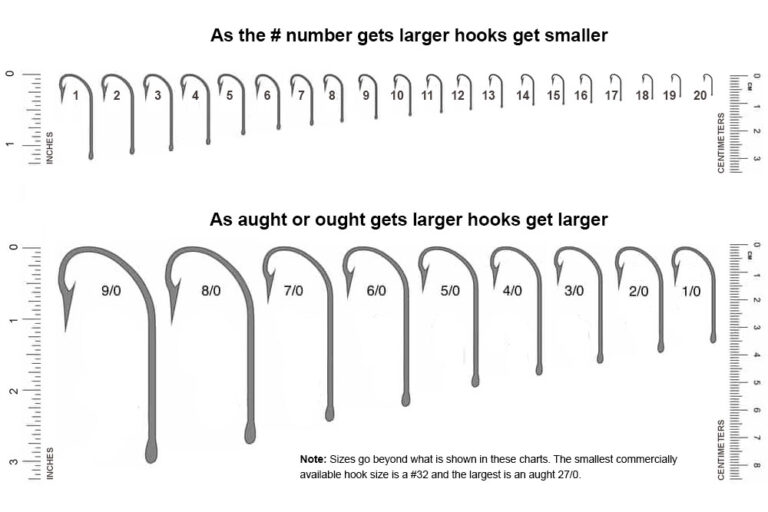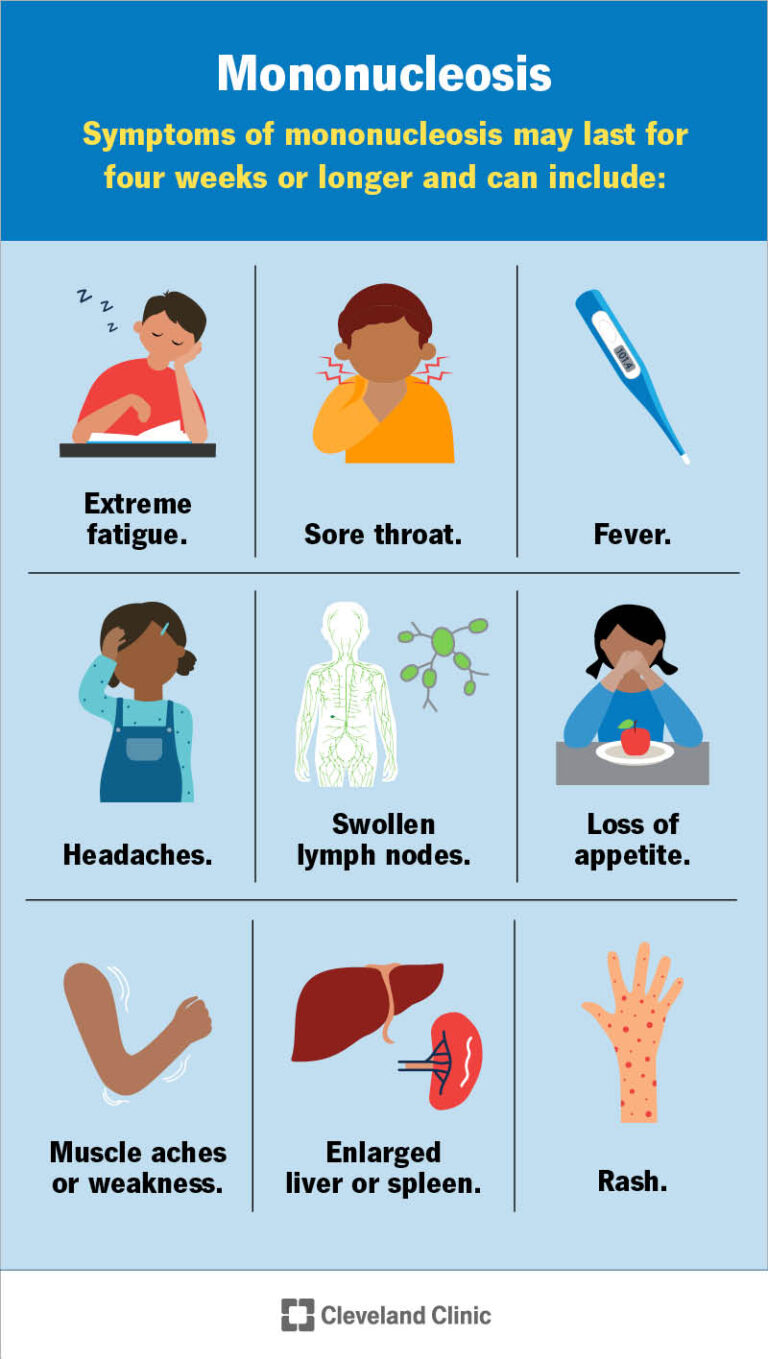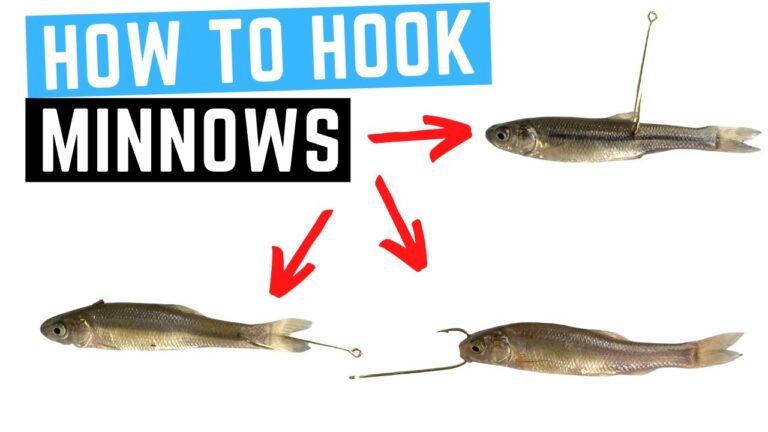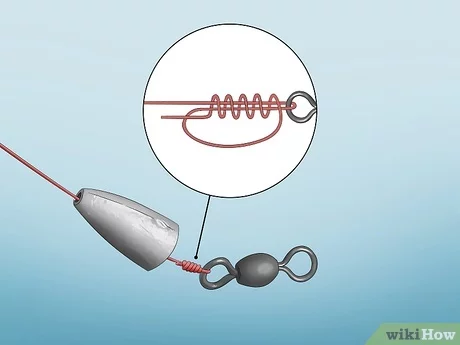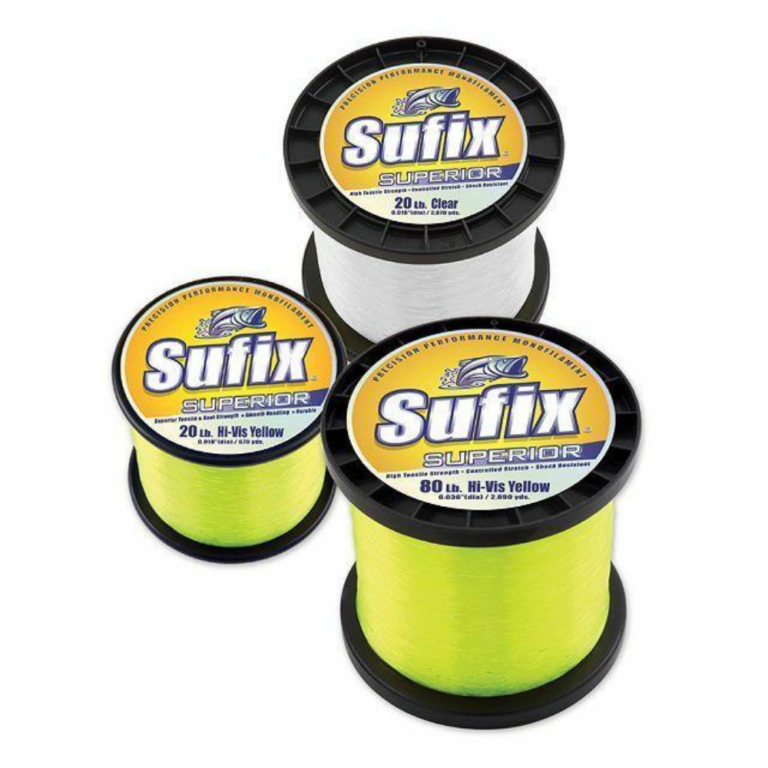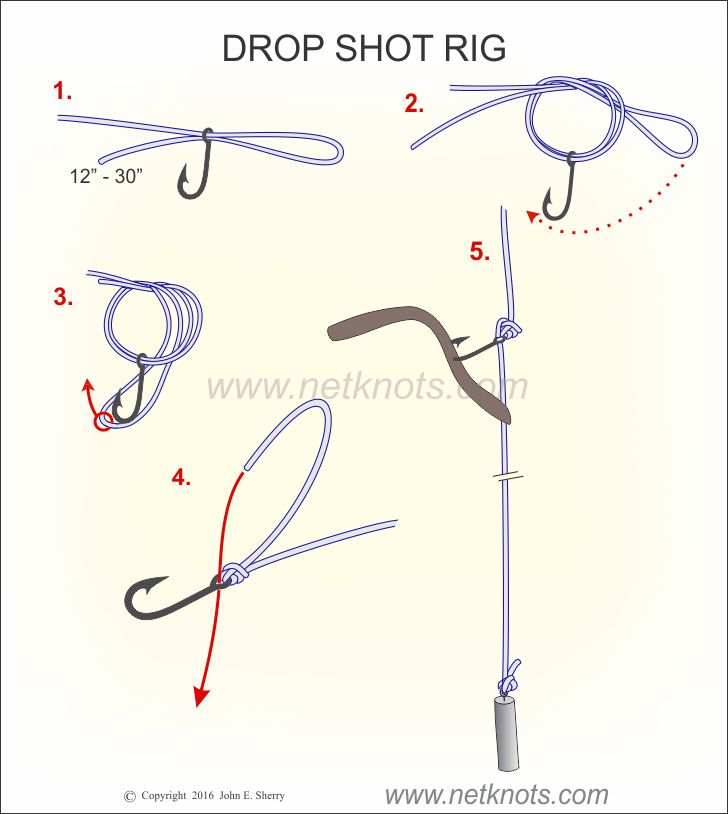Does the Hook Hurt the Fish
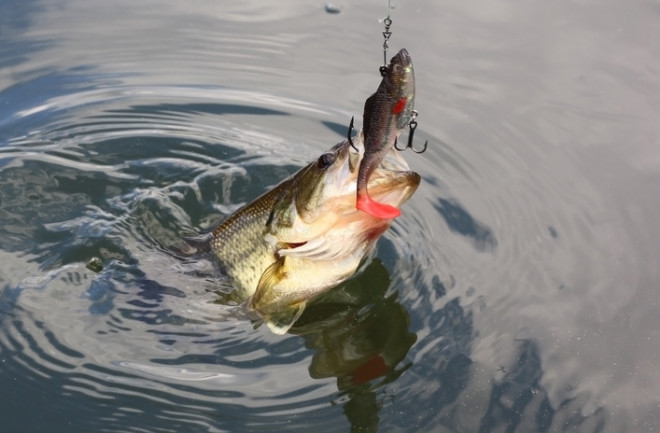
Hooks can cause fish pain and physical harm. The severity depends on the hooking location and fish species.
Understanding whether fishing hooks hurt fish is crucial for ethical angling practices. Many anglers question the impact of their sport on the well-being of fish. Scientific research indicates that fish have nociceptors, sensory neurons that respond to potentially harmful stimuli.
Thus, when a hook pierces a fish’s mouth, it’s likely to sense discomfort or pain, influenced by the hook size, type, and penetration depth. Fish biology, including the presence of nerve structures, suggests that they can feel pain. Nonetheless, reactions to being hooked can differ among species, making it a complex topic among conservationists and recreational fishers alike. Responsible fishing practices and catch-and-release ethics emphasize minimizing harm, which can include using barbless hooks or ensuring quick, gentle releases to lessen the impact on fish.
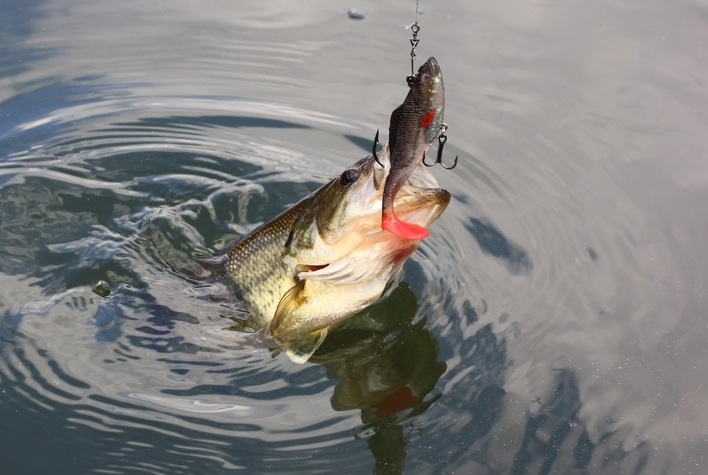
Credit: www.discovermagazine.com
The Hook Experience
The hook experience in fishing is a critical issue for fish welfare. Fish have complex nervous systems similar to humans. They feel pain through receptors called nociceptors. These sensors send signals to the brain when there is injury or harm. The hook can cause damage to the fish’s mouth, which can be painful. It’s not just about the wound, but also the stress and trauma that affect the fish. Understanding the sensory biology of fish is key to knowing the real impact of hooking.
Concerning hook injuries, it’s more than what meets the eye. There can be infection, trouble eating, and difficulty escaping predators. A hooked fish may suffer long after it’s released. Responsible anglarians seek out methods to minimize harm, such as using barbless hooks or practicing catch and release with care.
Comparing Human To Fish Pain
Human and fish pain are vastly different. Scientists show that people have complex brains. This lets them feel pain deeply. Fish brains are not as complex. So, their feeling of pain is not the same.
Fish have simple nervous systems for basic reactions. Human nervous systems can process emotions and pain together. This means human pain can lead to emotional experiences. Fish likely don’t feel pain this way.
Studies reveal fish respond to harm. Yet, they lack key brain parts for feeling pain like humans. They react to protect themselves. We are still learning about their experience of pain.
Ethics Of Angling
The topic of angling ethics often sparks debate. Anglers have a moral duty to treat fish humanely. Pain felt by fish is a concern. Practices that minimize harm are essential in responsible angling. These include using barbless hooks, and safe handling methods. Conservation efforts are crucial for sustainable sport fishing. This means catching fish in ways that do not hurt populations. Releasing fish without harm is part of these efforts. Making ethical choices helps protect our aquatic friends for the future.
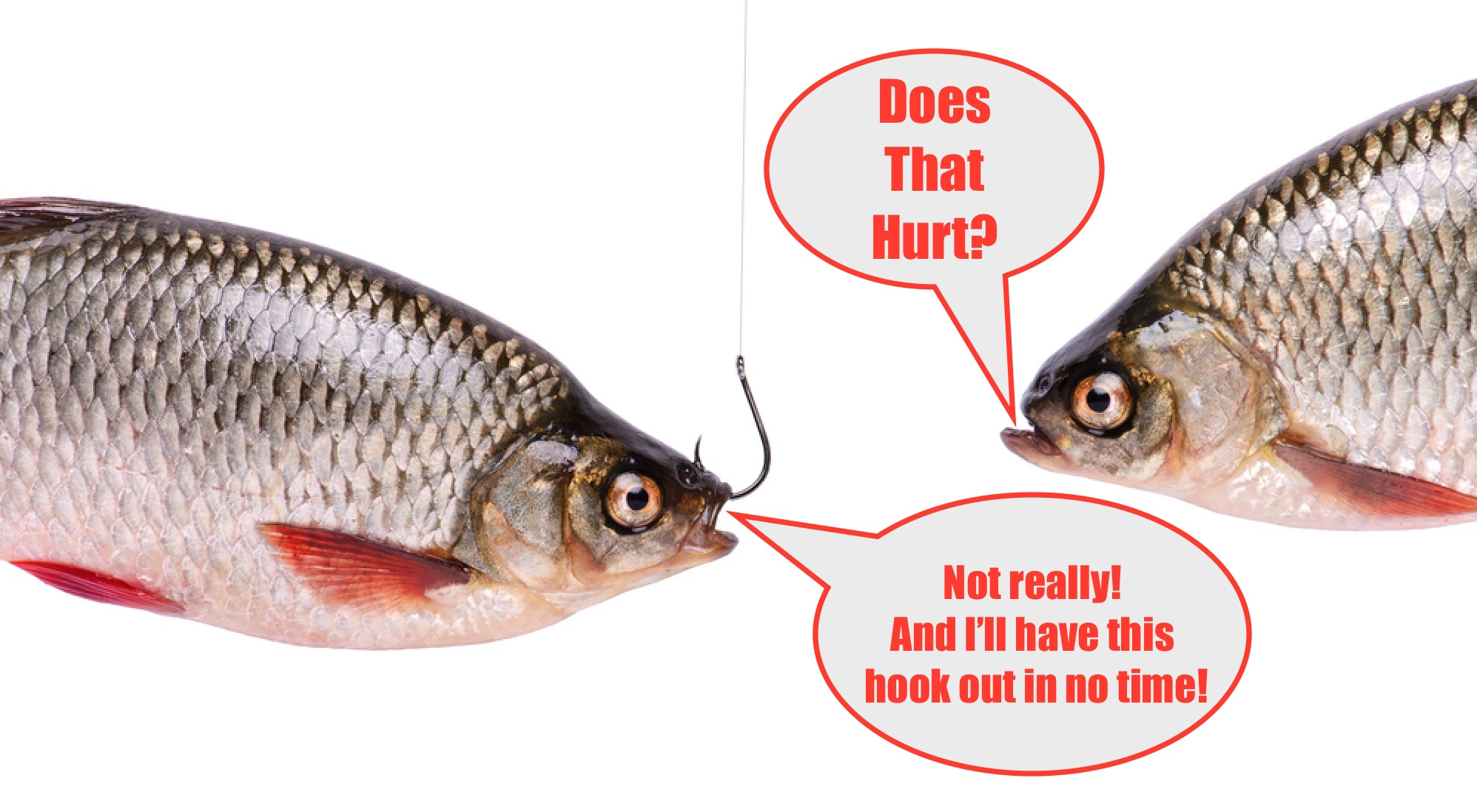
Credit: www.saltstrong.com
Minimizing Harm In Fishing
Minimizing harm is crucial in catch and release fishing. Adopting best practices protects fish health. Use barbless hooks to reduce injury. Handle fish with wet hands or gloves for quick release.
Experts suggest avoiding stainless steel hooks. These may not dissolve if left in a fish. Instead, opt for high-carbon steel hooks. They degrade faster in the water.
| Hook Type | Feature | Benefit |
|---|---|---|
| Barbless | No barb | Less harm, easy release |
| Circle | Curved shape | Often catches in mouth corner |
| High-carbon steel | Degrades in water | Better if swallowed |
Diverse Perspectives
Many fishermen believe that fish feel little to no pain from hooks. They often cite their own experiences and observations. Over generations, their practices and traditions may reflect this view.
The scientific community digs deeper into the question of fish pain. Researchers use experiments to understand fish biology and behavior. Studies suggest that fish do experience stress and discomfort. Yet, there’s debate on whether this equals human-like pain sensation.
Advancing Fish Welfare
Advancing fish welfare is a crucial step in responsible fishing. Regulations play a vital role in this process. They ensure that fishing methods do not harm fish more than necessary. Education teaches fishers about the impact of their actions. Awareness programs inform the public about sustainable fishing practices. Key components include using the right hooks and techniques. These measures help reduce pain and stress in fish. Thus, they promote a more humane approach to fishing. It’s about balancing human needs with respect for aquatic life.
Credit: www.businessinsider.com
Frequently Asked Questions Of Does The Hook Hurt The Fish
Do Fish Feel Pain From Hooks?
Yes, scientific studies indicate that fish can feel pain when hooked, responding to it with physical and behavioral reactions.
Do Fish Heal After Being Hooked?
Yes, fish can heal from being hooked. Their bodies can close wounds, reducing the risk of infection. Proper handling and quick release improve healing chances.
Are Fish Injured By Hooks?
Yes, fish can sustain injuries from hooks which may lead to physical harm or decreased chances of survival if not properly handled and released.
How Much Does Hooking A Fish Hurt It?
Capturing a fish with a hook can cause varying levels of pain, as fish have nociceptors, which detect harm. However, their pain perception may differ from humans’.
Conclusion
Wrapping up our insights on fishing and fish welfare, it’s clear that concern for aquatic life drives the debate. The evidence suggests that fish do experience discomfort from hooks, sparking innovation in fishing practices. As anglers, we’re tasked with balancing sport and compassion, striving for methods that respect our finned friends below the ripples.
Responsible fishing is the future, ensuring both our hobby and fish populations thrive.
